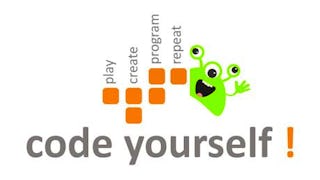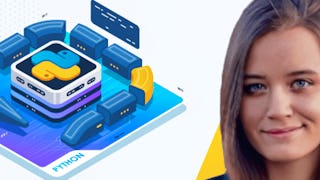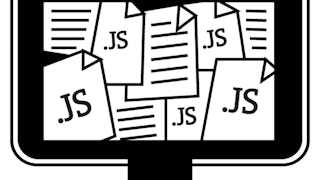Learn essential computer science concepts and coding techniques to kick-start your programming career.
By following this course you will gain essential programming skills to enhance your career and expand your technical capabilities. This course guides you through foundational programming concepts, helping you overcome challenges in understanding major constructs across various languages. By mastering these skills, you'll be equipped to learn any programming language and advance your career with confidence. Computer Programming for Absolute Beginners will help you to learn how to program by taking you through the major constructs you will find in any mainstream programming language. The course will guide you through the main building blocks of any programming language with thorough explanations and relevant examples in pseudocode. You will learn the concepts of programming by relatable, real-world examples. After reading this book you will be well equipped to learn any programming language at an accelerated rate. This course is ideal for beginners with no prior programming experience who wish to enter the programming world. It's perfect for those starting their programming studies or anyone eager to learn coding independently. It is also ideal if you have tried to learn a programming language before and struggled.

















